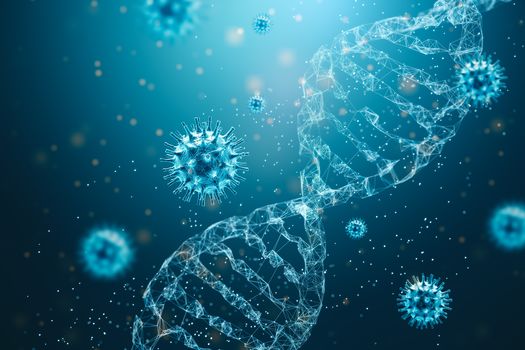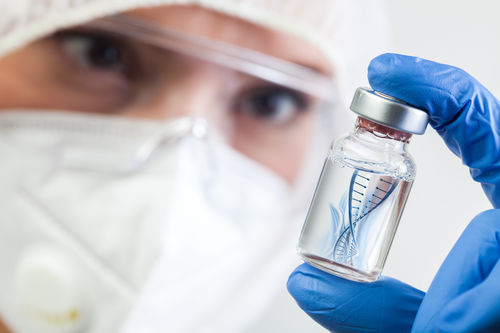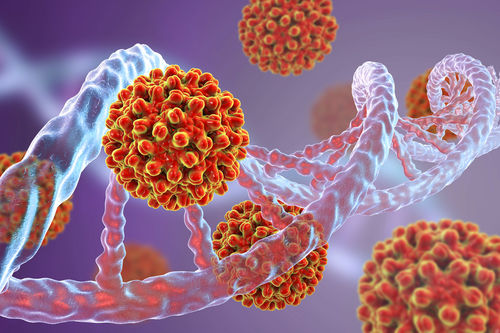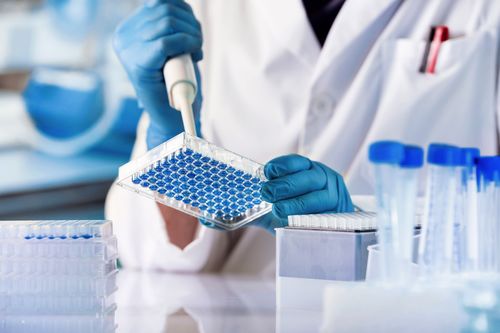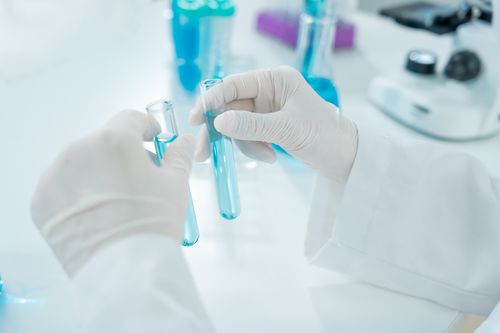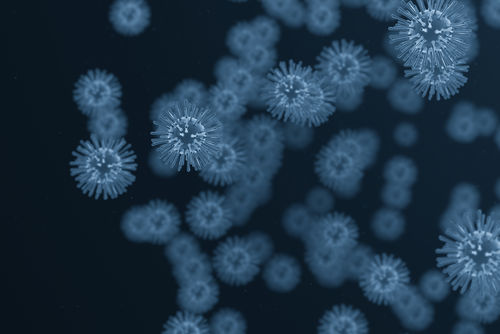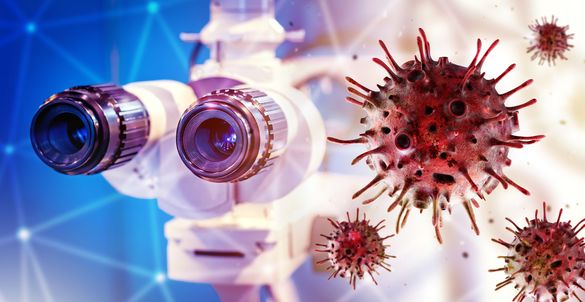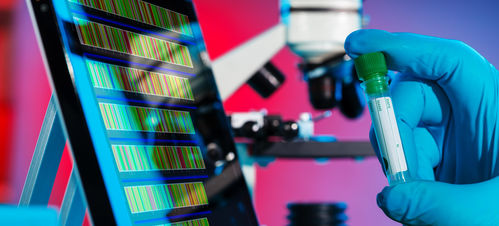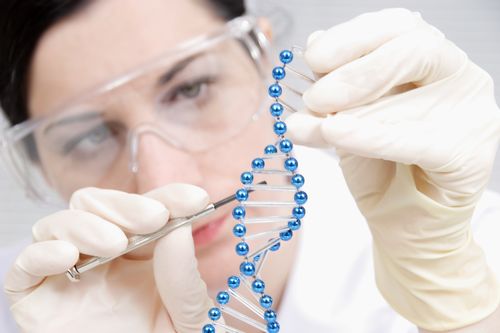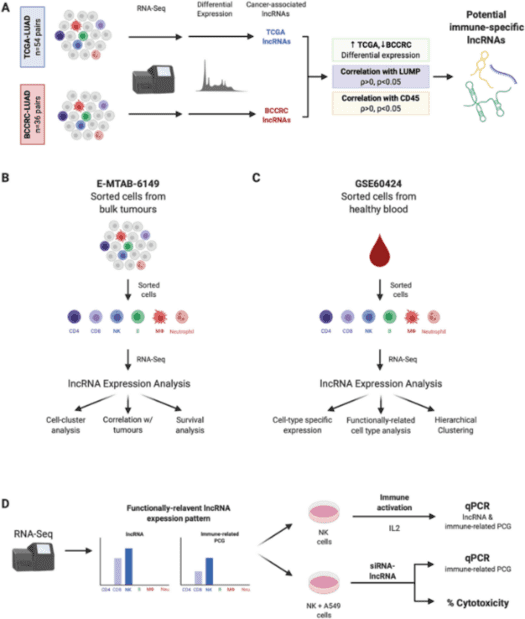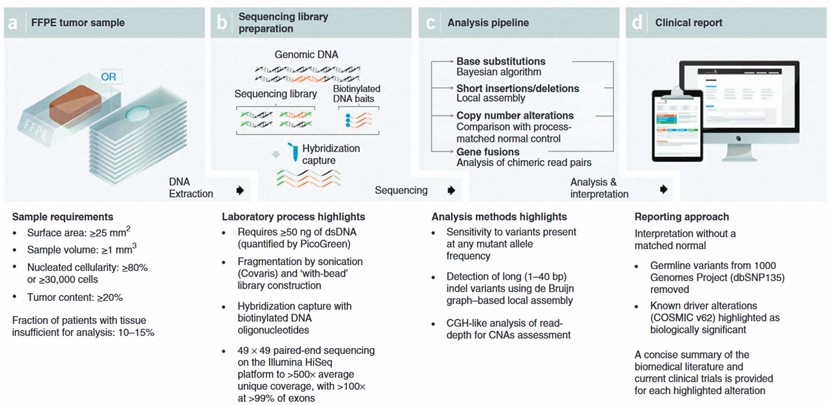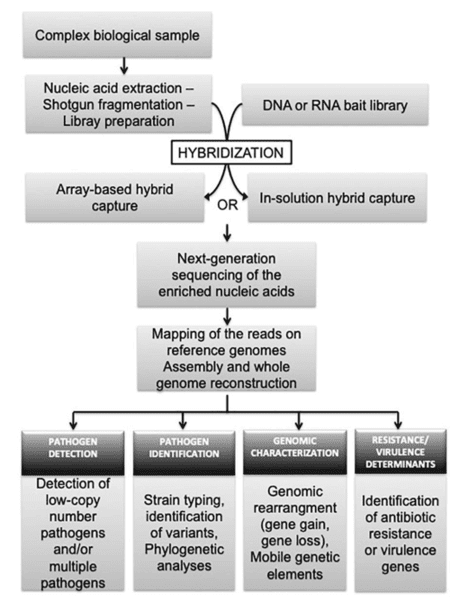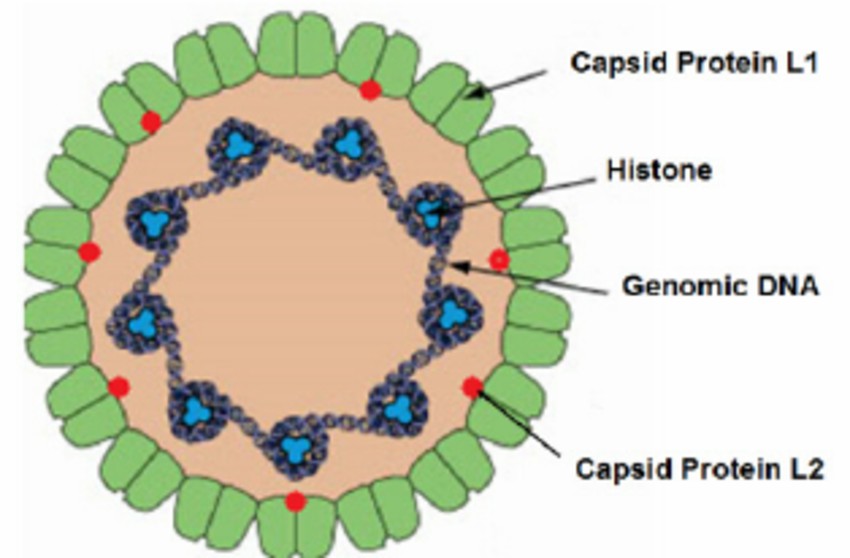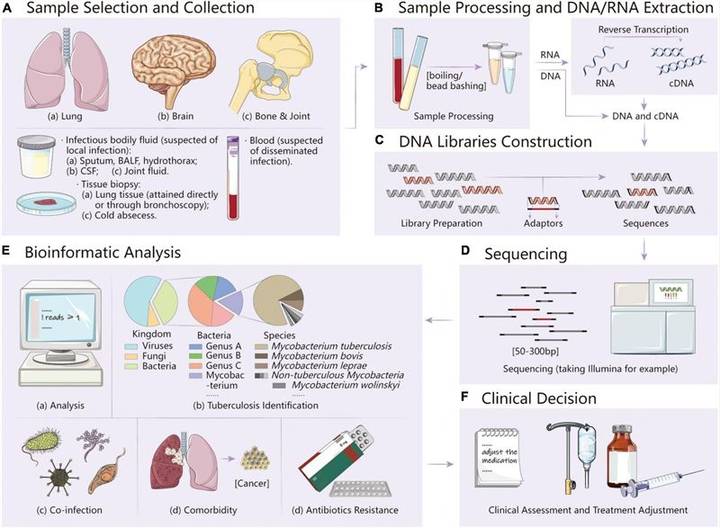Custom Walker-Warburg Syndrome Panel

What is Walker-Warburg syndrome?
Walker-Warburg Syndrome (WWS) is a rare type of autosomal recessive congenital muscular dystrophy (CMD) that features a spectrum of brain, eye, and muscle abnormalities, and usually leads to death in infancy. WWS is the most severe of CMD, and causes signs and symptoms at birth, including muscle weakness, hypotonia, intellectual disability, developmental delay, and so forth. Patient with WWS may have phenotypes like blindness, cataracts, cobblestone lissencephaly, etc. According to a survey, 1.2 per 100,000 live births carries WWS in northeastern Italy and about 1 in 150 individuals of Ashkenazi Jewish decent carries WWS. Most cases are found to originate from populations with a high consanguinity rate, and it is the results of malfunction of signaling pathway or complex but not a single gene alteration. Several genes have been identified to be associated with WWS, but more efforts need to be spare to uncover more responsible genes.
Disease-related gene description
At least 14 different genes have been reported to be responsible for encoding proteins involved in the glycosylation process, which is defined as a crucial etiology of WWS. Dystroglycan (dystrophin-associated glycoprotein) is a major component of the dystrophin glycoprotein complex (DGC). It is synthesized as a precursor propeptide that is post-translationally modified (cleaved and glycosylated) to produce alpha- and beta-dystroglycans. Mutations of those genes encoding proteins related to glycosylation process may result in weakened anchorage of muscle fibers to the extracellular matrix. Protein-O-mannosyltransferase 1 (POMT1)/POMT2 complex attaches mannose through an O-glycosidic link to the Ser/Thr residues of alpha-dystroglycan, which synthesizes the substrate for protein-O mannose β1,2-N-acetylglucosaminyltransferase 1 (POMGnT1). The mutations in protein encoding genes POMT1, POMT2, and POMGnT1 decrease, or even eliminate enzyme activity. In addition, fukutin (FKTN) and fukutin-related protein (FKRP) have features and signatures of glycosyltransferases, and protein LARGE has two glycosyltransferase domains. Mutations of FKTN, FKRP and LARGE lead to dysfunction of proteins, which is also reported in WWS cases. Although 14 genes have been found to relate to WWS, more analyses and research are need to discover novel mutations or new genes in WWS.
To better understand mutations in genes associated with WWS and their role in the progress, our platform offers a comprehensive WWS panel library and targeted DNA sequencing service by Illumina MiSeq or Ion OGM system. You can choose genes from our panel library or design your own panel for genetic testing of WWS.
Custom Walker-Warburg syndrome panel offers but are not limited to:
-
Amplicon sequencing by Illumina MiSeq/Ion PGM system provides efficient variant identification and characterization and high-throughput detection of low frequency WWS variants
-
Only sequencing the customizable WWS panel which meets your requirements and reduces your costs.
-
Further validation is applied to ensure data validity.
-
Strict quality control is applied to ensure repeatability and accuracy of sequencing.
-
Custom panel content is curated on latest publication on WWS.
-
Flexible panel content can be chosen from our WWS library or discuss your custom WWS requirements.
Choose the genes that suit you from the Walker-Warburg syndrome gene list
| B3GAT1 |
DAG1 |
FKRP |
| FKTN |
GMPPB |
GTDC2 |
| ISPD |
LARGE |
POMGNT1 |
| POMGNT2 |
POMK |
POMT1 |
| POMT2 |
TMEM5 |
|
Specimen requirements of our custom Walker-Warburg syndrome panel
- Specimen: whole blood, saliva, buccal, or extracted DNA (not FFPE-compatible).
- Volume: 8 mL whole blood, 2 mL saliva or min. 1 μg DNA.
- Collection: blood is collected by routine blood collection and saliva is collected by spitting into the provided container. DNA samples are stored in TE buffer or equivalent.
- Container: lavender-top (EDTA) tube or yellow-top (ACD) tube.
Gene panel workflow

For more information about the Custom Walker-Warburg Syndrome Panel or need other amplification requirements, please contact us.
References:
- Vajsar J. and Schachter H. Walker-Warburg syndrome. Orphanet Journal of Rare Diseases, 2016, 1:29.
- Pabuscu Y., et al. Walker–Warburg syndrome variant. Computerized Medical Imaging and Graphics, 26 (2002) 453–458.
- van Reeuwijk J, et al. Glyc-O-genetics of Walker–Warburg syndrome. Clinical Genetics, 2004: 67: 281–289.
- Muntoni F., et al. Muscular dystrophies due to glycosylation defects: diagnosis and therapeutic strategies. Current Opinion in Neurology, 2011, 24:437–442.
- Agrawal S. Walker-Warburg Syndrome. BMJ Case Report, 2011 Jun 9;2011.
* For research purposes only, not intended for clinical diagnosis, treatment, or individual health assessments.
Related Services
Related Products
Related Resources


